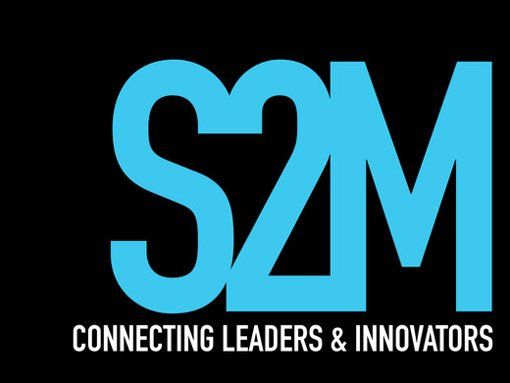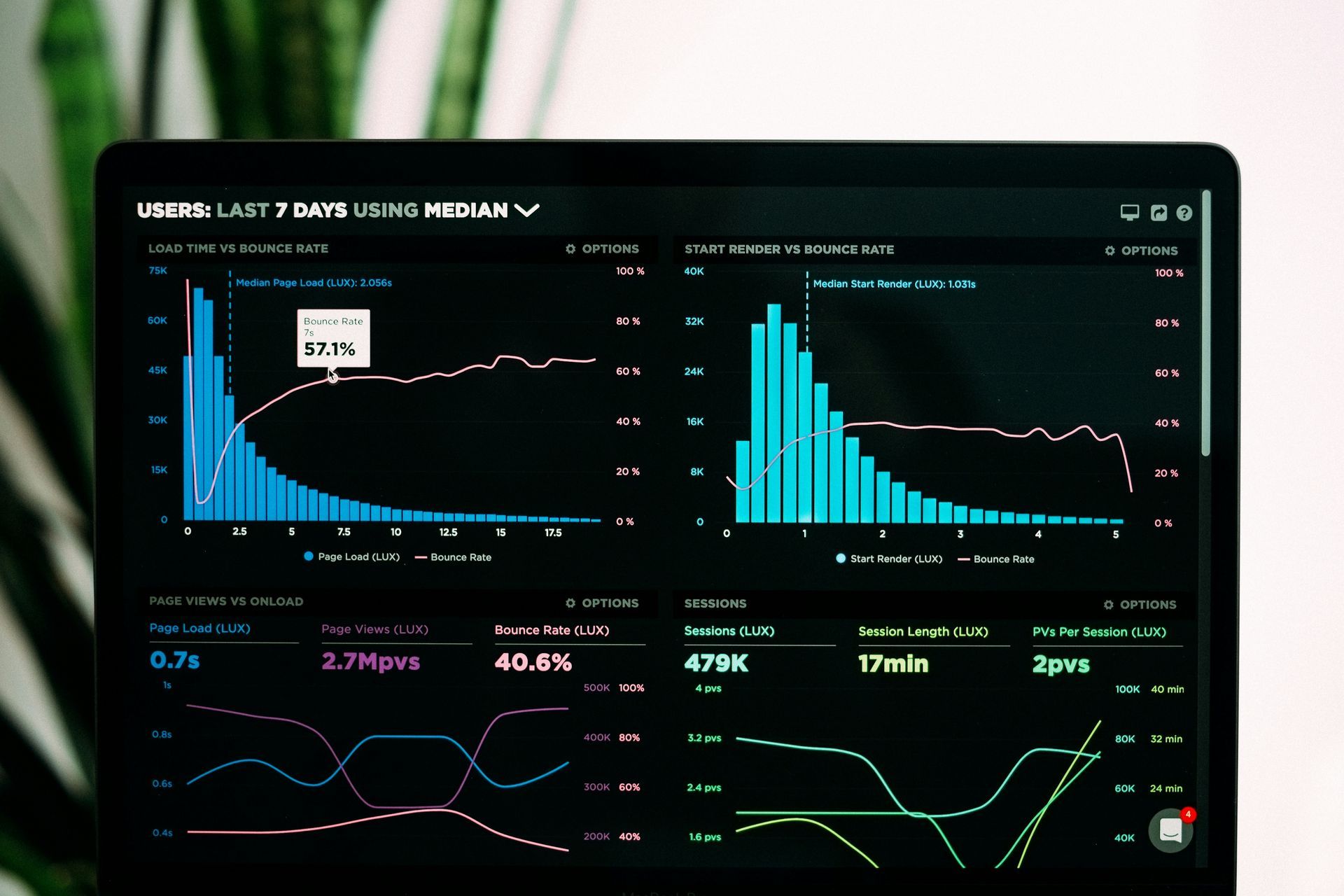Why Hiring Marketers Who Think Like Analysts Is a Smart Move for Businesses in 2025
In 2025, the line between marketing and analytics is blurrier than ever. The days of flashy slogans and gut-driven campaigns dominating the marketing landscape are long gone. As the saying goes, “data is the new gold” and the most effective marketers are those who don't just create, but also quantify.
Hiring marketers who think like analysts is no longer just a competitive advantage; it's becoming a business necessity and here’s why businesses that prioritise this mindset are winning in 2025—and why you should too.

Data-Driven Strategy Is the Standard, Not the Exception
Marketing strategies in 2025 are built on real-time data and predictive analytics. Businesses now expect marketing teams to answer not just what works, but why it works and how to scale it. Marketers who think like analysts are naturally inclined to test hypotheses, question assumptions, and seek statistically significant patterns in customer behaviour.
These professionals approach campaigns with an experimental mindset, iterating based on metrics rather than instincts. They know which metrics matter—customer acquisition cost (CAC), lifetime value (LTV), churn rate, conversion rates—and how to optimise them across channels.
The MarTech Stack Demands Analytical Fluency
The modern marketing tech stack is both powerful and complex. From CRMs and automation tools to advanced attribution platforms and AI-powered customer segmentation, today's tools require more than creative flair—they require technical proficiency.
Marketers who think like analysts are comfortable navigating dashboards, running A/B tests, and analysing multi-touch attribution models. They understand SQL, know their way around Google Analytics 4, and can speak fluently with data engineers and product teams. This fluency closes the gap between insight and action, accelerating decision-making across departments.
Personalisation at Scale Requires Analytical Thinking
In 2025, consumers expect highly personalised experiences. Meeting this demand involves more than tagging first names in emails—it requires deep segmentation, behavioural analysis, and predictive modelling.
Marketers with analytical mindsets are equipped to build and refine these personalisation engines. They analyse customer journeys, forecast behaviour, and use insights to craft content and messaging that resonate on an individual level. This leads to higher engagement, stronger brand loyalty, and better ROI.
Agility Comes from Measuring What Matters
The marketing landscape is in constant flux. Algorithms shift, platforms evolve, and consumer trends emerge overnight. Marketers who think like analysts aren’t thrown off by these changes—they thrive in them.
Why? Because they’re relentlessly measuring performance and using data to stay agile. They know how to pivot quickly, cut underperforming channels, double down on winning strategies, and justify every dollar spent. Their mindset fosters a culture of accountability and continuous improvement.
They Make Marketing a Revenue Centre, Not a Cost Centre
Ultimately, analytical marketers understand how to tie their work to revenue. They don’t just talk about reach and impressions—they talk about pipeline velocity, ROI, and customer retention. They help sales teams close deals faster by delivering qualified leads. They improve customer lifetime value through targeted, data-backed campaigns.
This ability to quantify impact turns marketing into a revenue-generating engine, aligning its objectives more closely with the CFO and CEO. And that alignment is essential in a business environment where every budget line needs to prove its worth.
We’ll leave you with this...
In 2025, the most valuable marketers don’t fit neatly into traditional job descriptions. They are storytellers with spreadsheets, creatives with KPIs, and brand builders with dashboards. By hiring marketers who think like analysts, businesses are equipping themselves with professionals who can create compelling campaigns and measure their effectiveness with surgical precision.
The future of marketing isn’t just about being louder—it’s about being smarter. And marketers who think like analysts are the ones leading the charge.





